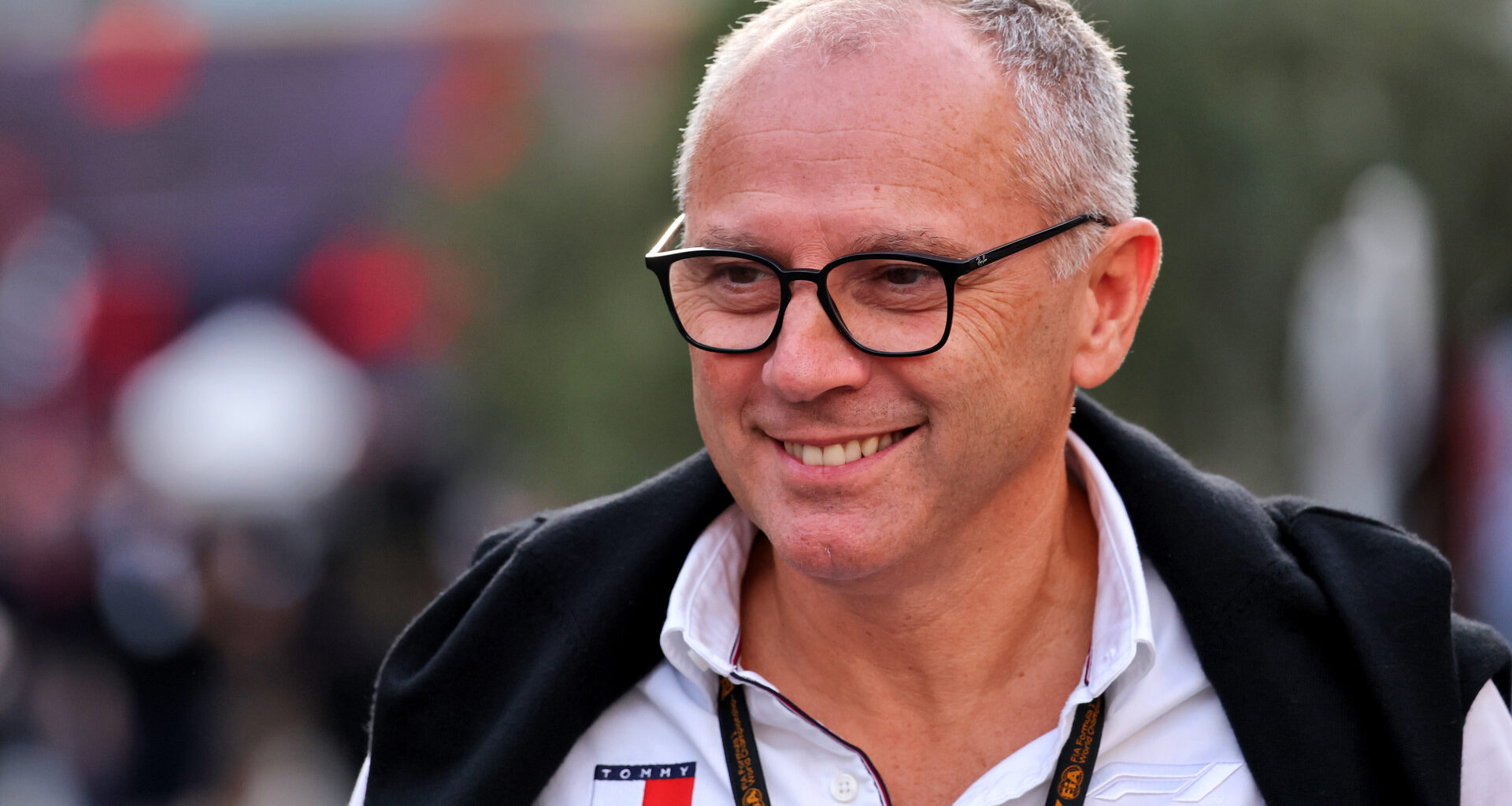
F1 CEO Stefano Domenicali has spoken openly about old school vs new school circuits in the sport. Image: XPB Images
Speaking on Italy’s Passa dal BSMT podcast, Domenicali explained that while circuits with heritage carry a “plus-plus” value, younger fans today place less importance on history.
“Obviously, if a grand prix has historic value, it’s a plus, but it’s not enough,” he said.
“For many young fans today, racing in Monte Carlo compared to a new circuit in Las Vegas makes no difference.
“So history must be supported by a structure that looks to the future, that allows investment in infrastructure to improve, since tickets are not exactly cheap, to provide services to fans at all levels, and to allow countries to be financially present in a calendar that I think won’t grow beyond the number [of races] we have today.”
Domenicali’s remarks come amid ongoing debate over the calendar, which will remain at 24 races next year, and the growing pressure on circuits to modernise their facilities.
The CEO also reflected on the sport’s shift toward entertainment, citing the popularity of Netflix’s Drive to Survive and other media as a factor in attracting new audiences.
“F1 is no longer just in a sporting dimension; it’s in an entertainment dimension,” he said.
“Entertainment is a positive, beautiful, energising thing, and from this point of view, we are competing, but we must remain very attentive to what’s going on around us.”
The conversation around format change has also returned to the fore, with Williams team principal James Vowles advocating a two-day grand prix weekend to allow more flexibility in scheduling and potentially expand the number of venues.
Speaking during the Singapore Grand Prix, Vowles suggested reducing the three practice sessions to streamline weekends.
“I’d just reduce the amount of free practice and make it a spectacle but by doing that, and giving back 24 days to the teams, actually you could do a few more race weekends if you wanted,” he said.
Vowles added that while six sprint races for the 2026 season is “about the right number,” a two-day weekend could offer a more compact, engaging experience for fans without overburdening teams.

